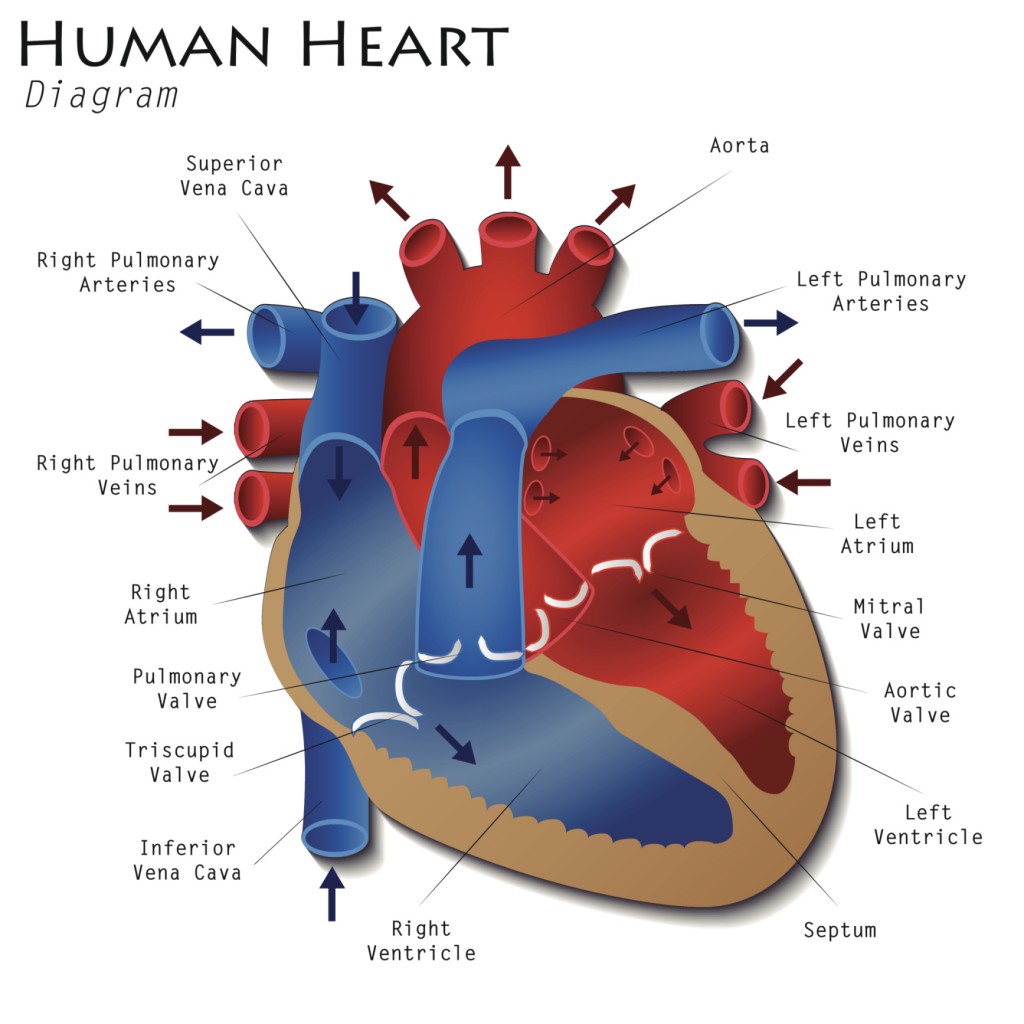
Did you know that women don’t experience the same signs as men do when experiencing a heart attack? It’s true. That said, it’s important to know the signs and symptoms in order to ensure you get proper care if and when it happens.
Sweating. Pressure. Nausea. Jaw pain. May not seem dangerous at first glance but believe it or not, these are all symptoms of a heart attack in women. And this is why many women don’t believe it’s anything more than a cold. As with men, the most common heart attack symptom in women is chest pain or discomfort. But it’s important to note that women are more likely to experience the other common symptoms, particularly shortness of breath, nausea/vomiting and back or jaw pain.
These are common symptoms of a heart attack:
- Uncomfortable pressure, squeezing, fullness or pain in the center of your chest that lasts more than a few minutes, or goes away and comes back.
- Pain or discomfort in one or both arms, the back, neck, jaw or stomach.
- Shortness of breath, with or without chest discomfort.
- Other signs such as breaking out in a cold sweat, nausea or lightheadedness.
Women who consider themselves healthy often misdiagnose the symptoms of a heart attack because they don’t think it could happen to them. Unfortunately, no one is free from risk of a heart attack. That is why it’s crucial to learn about heart disease and stroke, know your numbers, live a heart-healthy lifestyle and be aware of the risk factors of heart disease. Take care of yourself, ladies. Not everything is just as it seems.
If you would like more information on heart attacks, contact Dr. Gordon C. Gunn MD at 714-912-2211 or visit www.gordongunnmd.com to schedule an appointment today.
Dr. Gordon Gunn proudly serves Fullerton and all surrounding areas.


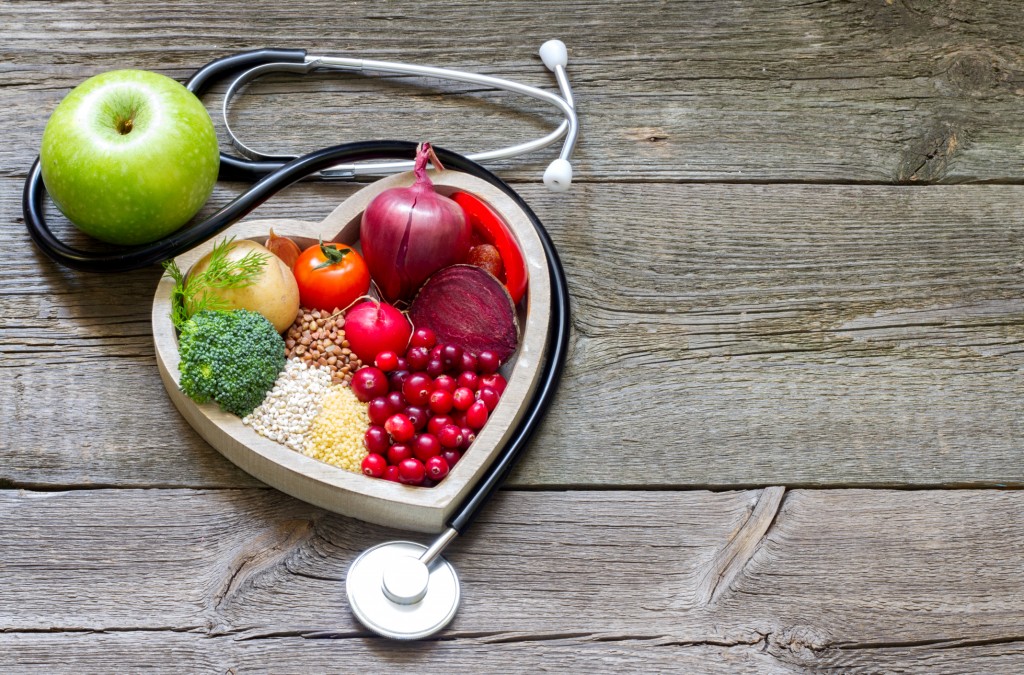


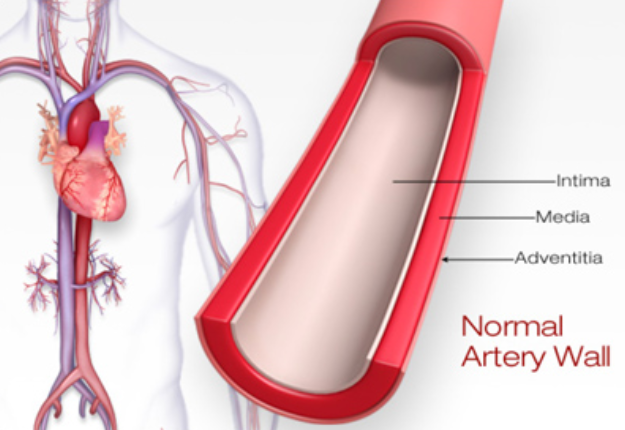

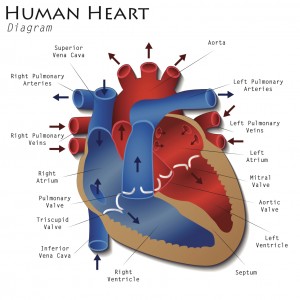 High blood pressure, or hypertension, currently affects 1 out of every 3 American adults. High blood pressure often has no signs or symptoms and is therefore called the “silent killer” as it is one of the most important factors leading to heart attacks, strokes, heart failure, kidney disease and early death. Here are some steps that can help to
High blood pressure, or hypertension, currently affects 1 out of every 3 American adults. High blood pressure often has no signs or symptoms and is therefore called the “silent killer” as it is one of the most important factors leading to heart attacks, strokes, heart failure, kidney disease and early death. Here are some steps that can help to 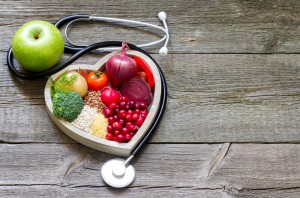
 It is a scary thought to know you are at risk for a heart attack or stroke. Unfortunately, it is a truth we all need to accept. Every year, millions of Americans suffer from a heart attack, and nearly half of those heart attacks are fatal. Strokes are the leading cause of disability and the third leading cause of death in men and women. It’s time to take control and get heart healthy. In honor of
It is a scary thought to know you are at risk for a heart attack or stroke. Unfortunately, it is a truth we all need to accept. Every year, millions of Americans suffer from a heart attack, and nearly half of those heart attacks are fatal. Strokes are the leading cause of disability and the third leading cause of death in men and women. It’s time to take control and get heart healthy. In honor of